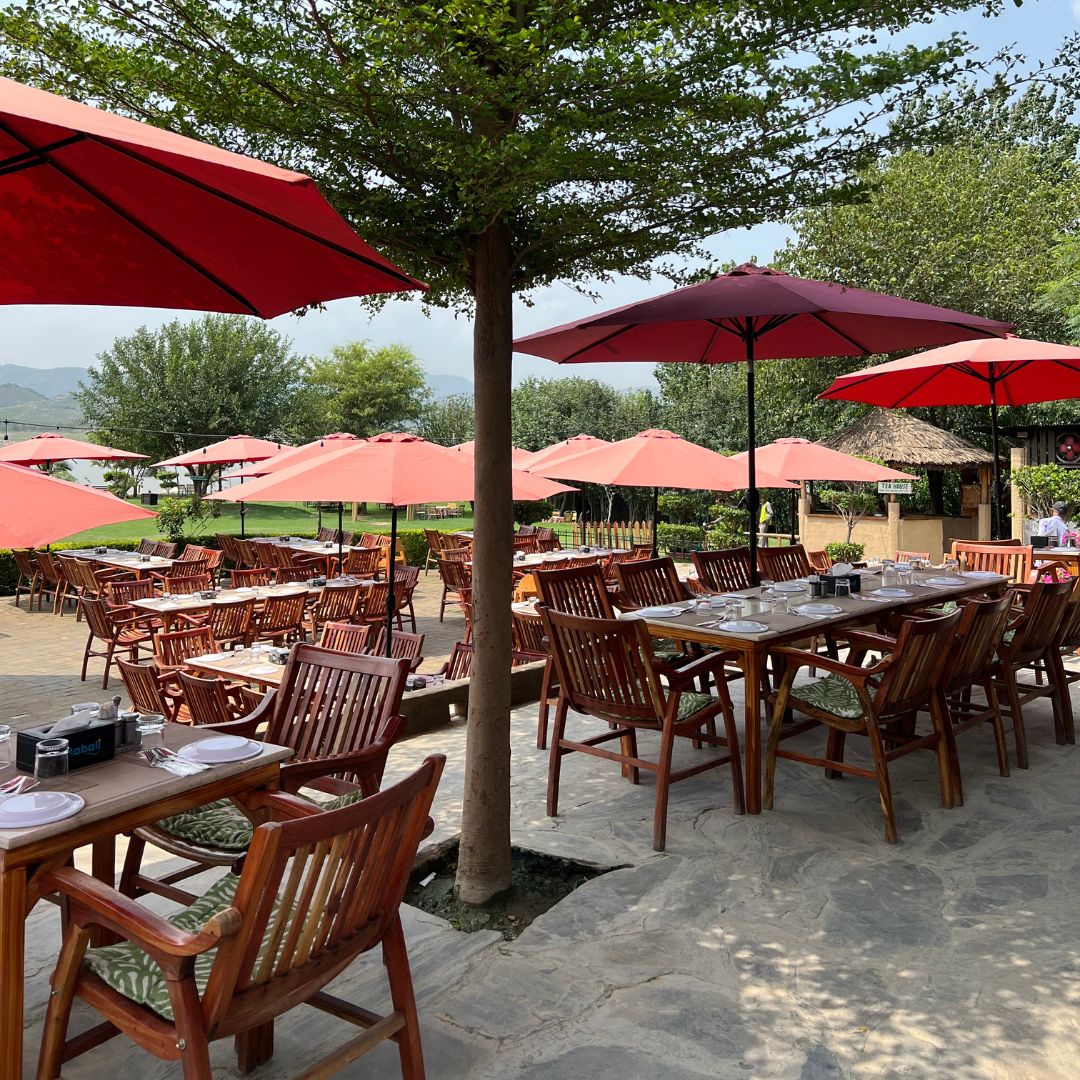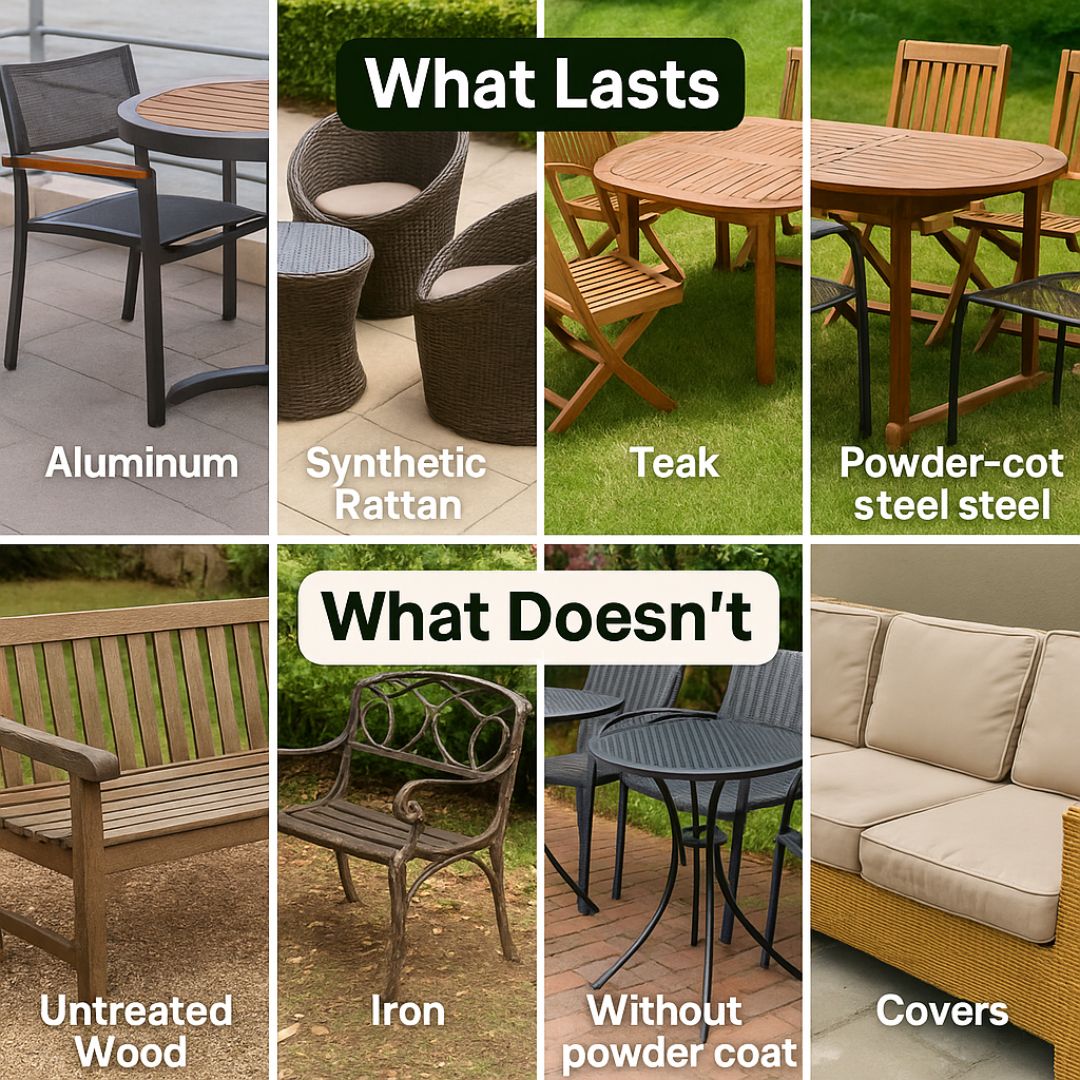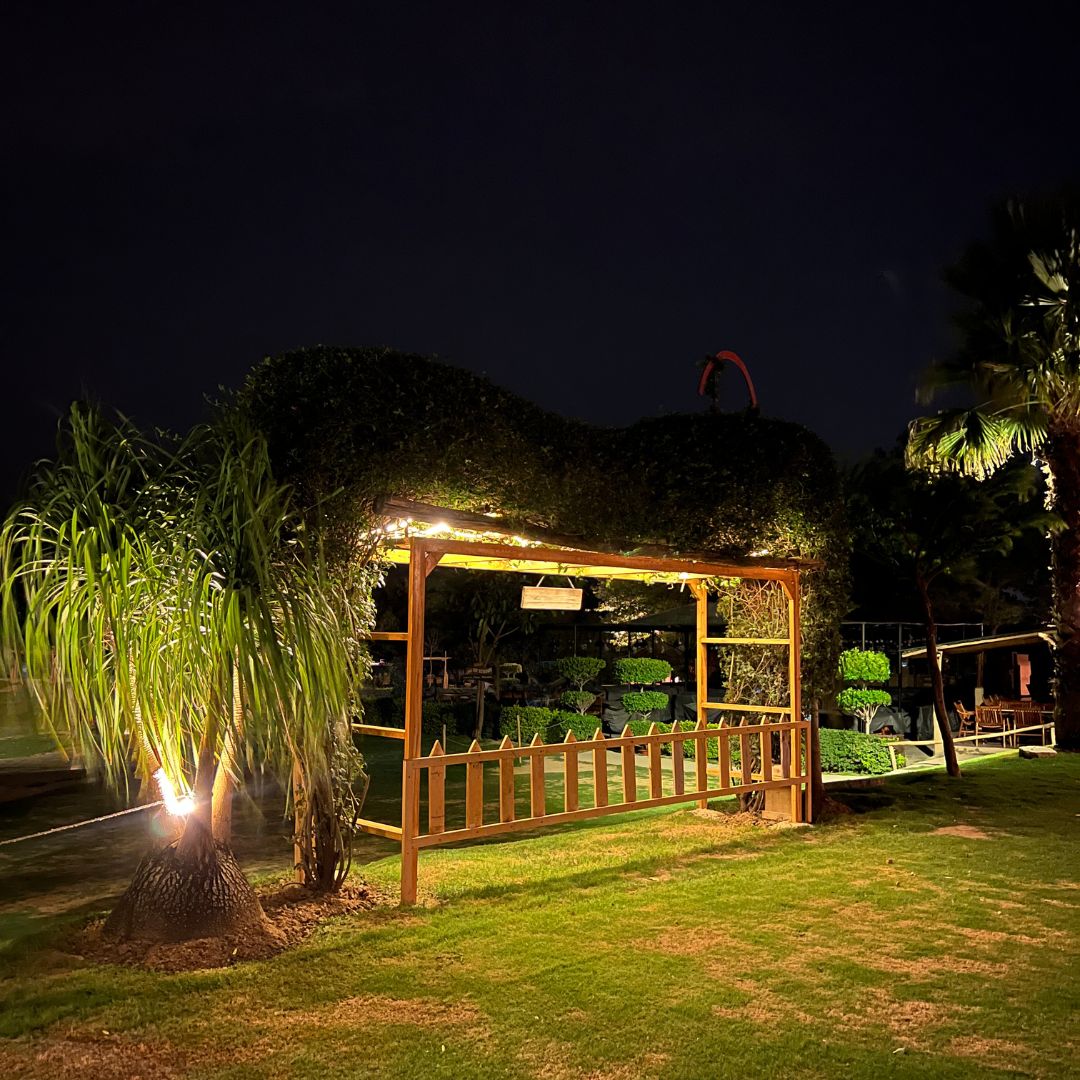Introduction
Running a restaurant is tough.
Running a restaurant in a tourist spot is a whole different game.
At Mabali Lakeside Restaurant, we’ve served everything from rainy-day breakfasts to sunset dinners under the stars — all while managing weather, water levels, walk-in crowds, and wildly changing guest expectations.
Here’s the truth — raw and real — about what it’s like to run a restaurant at a tourist destination in Pakistan.
1. Tourist Traffic Is Unpredictable (And Stressful)
One Friday, the restaurant is calm.
The next? Boom. 300+ guests walk in without reservations.
We’ve learned to:
- Keep backup staff on call
- Stock ingredients like we’re preparing for a wedding
- Stay calm even when 20 people are shouting “Order late hogaya hai!”
Lesson: Planning helps, but flexibility is survival.
2. Guests Are Often Hungry… and in a Hurry
Tourists don’t want a relaxed, 45-minute meal.
They want:
- Quick service
- Insta-worthy presentation
- Food that impresses after an exhausting ATV ride or zipline jump
That means balancing speed + quality + hospitality — every single time.
3. Staff Turnover is a Real Struggle
Tourist areas are seasonal. That means:
- Staff leave during off-season
- Training starts over again every few months
- Service consistency becomes difficult to maintain
Solution? Build systems, not stars.
That’s why we train for attitude first, skill second.
4. Food Costs Fluctuate — But Guests Expect Stability
Tomatoes triple in price? No one cares.
Your vendor didn’t show up because of a weather condition? Doesn’t matter.
Guests expect:
- Same taste
- Same portion
- Same price
Even when your margins are melting quietly behind the kitchen doors.
Transparency = trust, but so does consistency. We try to offer both.
5. People Don’t Just Eat — They Judge Everything
In tourist zones, food isn’t just food. It’s:
- A content opportunity
- A trip highlight
- A review trigger
One cold drink without enough fizz?
It becomes a Google review.
“Nice view, but service slow.”
“Good food, but naan came cold.”
We read every word — and we improve daily.
6. The View Helps — But It’s Not Enough
People may visit for the view, but they return for the experience:
- Warm qahwa by the lake
- Staff who remember your child’s name
- A BBQ platter that arrives sizzling, not soggy
The lakeside is the hook. The food is the memory.
7. Rain Can Ruin Everything — Or Make It Magical
Rain is unpredictable at Khanpur Lake. It can:
- Kill lunch service
- Soak outdoor setups
- Delay cooking in BBQ pits
But on the flip side:
- It makes the grass greener
- The lake shinier
- The air more refreshing
We’ve learned to prepare for both — and adapt within minutes.
💭 Final Thoughts
Running a restaurant in a tourist area looks romantic from the outside.
But it’s a grind — powered by chaos, patience, and heart.
We do it because we love:
- Watching families laugh over karahi
- Seeing kids enjoy French toast by the lake
- Knowing we helped make memories that taste as good as they feel
If you’re in the food business at a tourist spot, you’re not just serving meals. You’re hosting moments.
And that’s a privilege — even on the busiest, most unpredictable days.
Ever dined at a restaurant like ours?
What made it memorable — or forgettable?
Tell us your experience in the comments.
Or visit us at Mabali Lakeside Restaurant and taste the story yourself.




